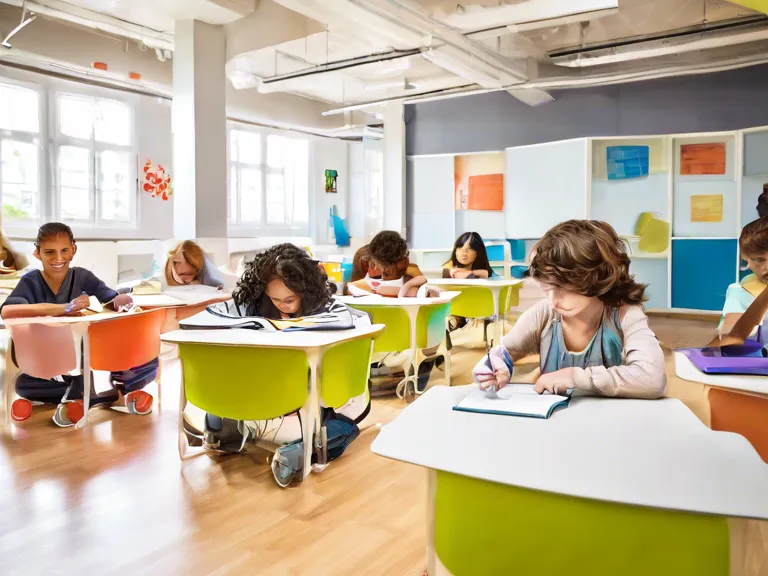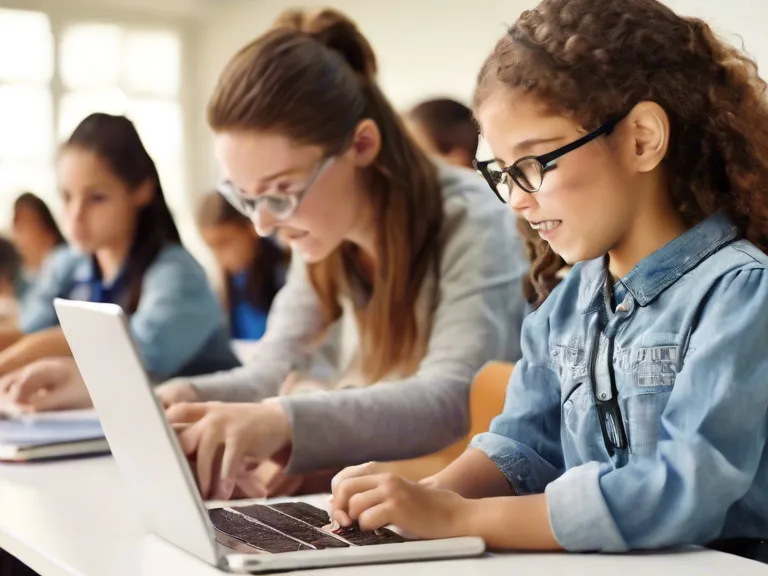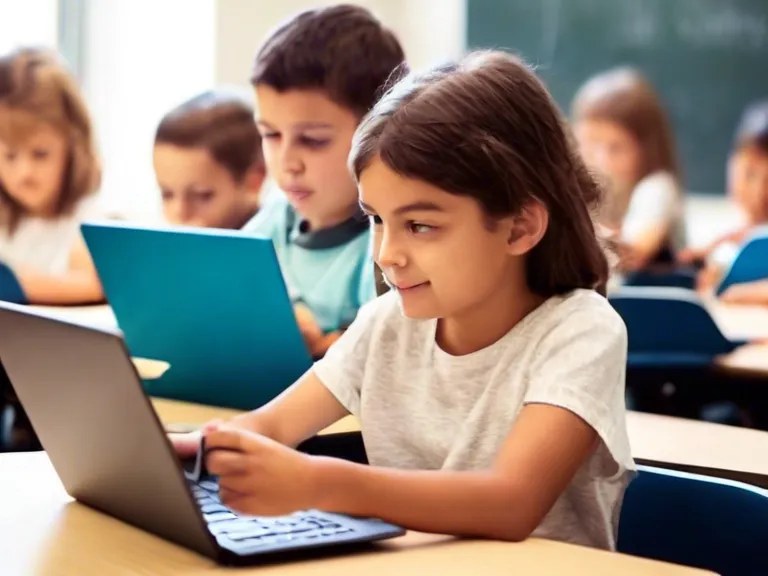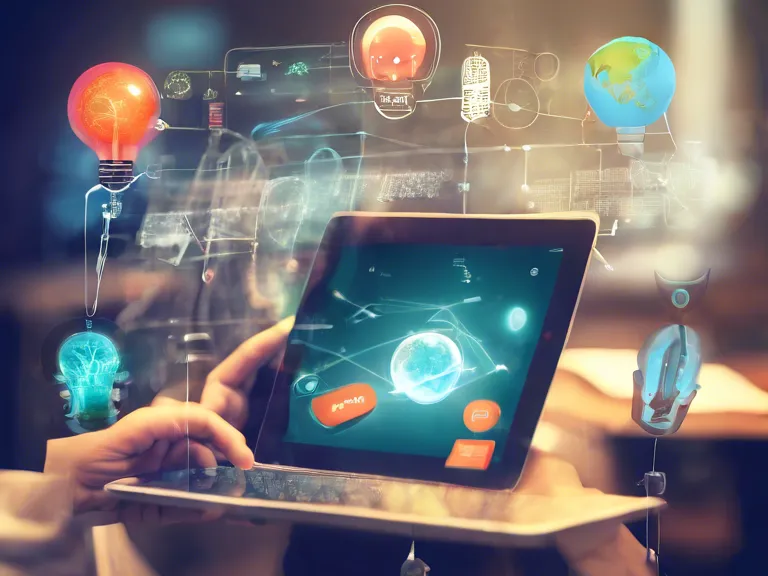
In today's rapidly evolving digital world, education is no exception to the wave of change driven by innovative trends. From flipped classrooms to personalized learning experiences, the landscape of education is being transformed by new approaches and technologies. This article will explore how these trends are redefining traditional learning environments and shaping the future of education.
One of the most prominent trends in education today is the shift towards personalized learning. This approach recognizes that every student learns in a unique way and aims to tailor instruction to individual needs and interests. With the help of technology tools such as adaptive learning platforms and data analytics, educators can create custom learning paths that meet students where they are and help them reach their full potential.
Another trend that is changing the face of education is the flipped classroom model. In a flipped classroom, students are introduced to new concepts and materials through online resources outside of class, allowing for more interactive and hands-on learning activities during class time. This approach not only promotes active engagement and collaboration but also enables students to take more ownership of their learning process.
Furthermore, project-based learning is gaining popularity as a way to provide students with real-world experiences and develop critical thinking and problem-solving skills. By working on interdisciplinary projects that require collaboration and creativity, students can apply their classroom knowledge to practical scenarios and gain a deeper understanding of the subject matter.
In addition to these trends, the integration of emerging technologies such as virtual reality and artificial intelligence is revolutionizing the way students learn and engage with content. Virtual reality simulations can immerse students in realistic environments, enabling them to explore complex concepts in a more interactive and impactful way. Artificial intelligence tools can also provide personalized feedback and support to students, enhancing their learning experience.
Overall, the new trends in education are reshaping traditional learning environments and empowering students to learn in more personalized, interactive, and engaging ways. By embracing these innovations, educators can create dynamic and effective learning experiences that prepare students for success in the 21st century.


